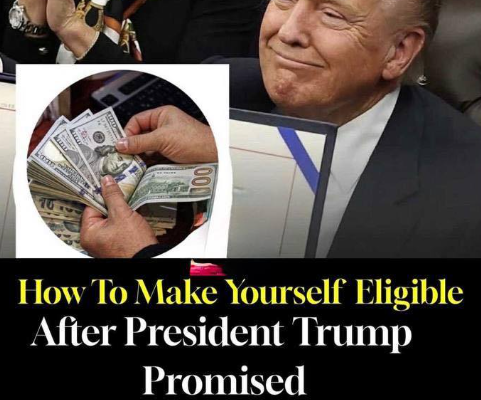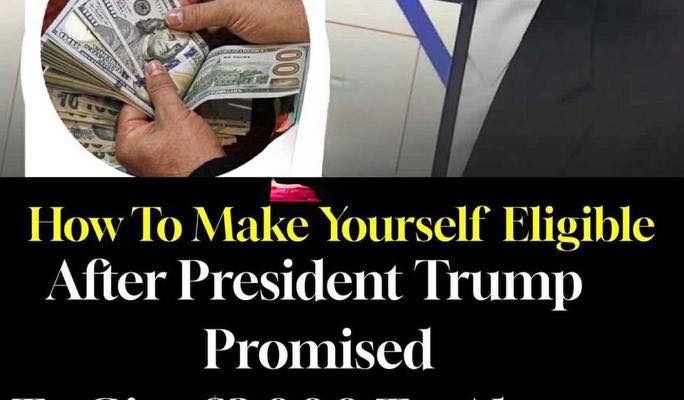The Trump administration is preparing broad exemptions to a series of tariffs as part of an effort to ease elevated food prices that have fueled anxiety for American consumers.
The potential changes would apply to certain reciprocal tariffs the president announced in April, including those covering products from countries that have not negotiated trade agreements with the administration, according to three people briefed on the discussions, The New York Times reported.
Those people spoke on condition of anonymity because the proposal has not yet been publicly announced.
The exemptions under consideration include beef and citrus products, though the people cautioned that President Trump had not made a final decision.
The possibility of increasing beef imports has become a point of friction with U.S. ranchers, who argue that expanding foreign supplies conflicts with the president’s stated goal of strengthening domestic production.
If approved, the plan would represent the latest rollback of one of the president’s signature economic policies amid concerns about affordability, even as Trump has continued to claim incorrectly that prices are falling.
Democrats won elections around the country last week after campaigns centered largely on the cost of living and economic pressures facing families.
The proposal being weighed by the administration goes beyond the exemptions outlined in an executive order Trump issued in September, which was narrower in scope and limited to goods not primarily produced in the United States and purchased from countries with trade agreements already in place.
That order directed Commerce Secretary Howard Lutnick and U.S. Trade Representative Jamieson Greer to evaluate possible exemptions across more than a thousand product categories.
Those categories range from metals and minerals to aircraft components, antibiotics, and foreign agricultural goods, including coffee, pineapples, avocados, and vanilla beans.
Lutnick has pressed internally for exemptions on a number of food-related items, citing continued high prices, according to two people familiar with his position.
Exemptions for countries without trade agreements could risk criticism that the administration is giving favorable treatment to governments that have not negotiated with the United States.
The White House did not confirm the specifics of the proposal.
“The Trump administration is committed to pursuing a nimble, nuanced, and multifaceted strategy on trade and tariffs,” spokesman Kush Desai said in a statement.
Officials at the U.S. Trade Representative’s office and the Department of Commerce declined to comment.
The September executive order specified that exemptions were to apply to tariffs set through trade agreements the Trump administration has already completed with foreign governments, including the European Union, the United Kingdom, Japan, South Korea, Indonesia, Malaysia, and several others.
On Thursday, the administration announced four new trade deals with Argentina, Guatemala, El Salvador, and Ecuador.
Trump imposed double-digit tariffs on a wide range of countries in April, but has reduced those rates for governments that enter trade agreements with the United States.
Treasury Secretary Scott Bessent said on Fox News that “substantial” announcements regarding tariff exemptions would be made over the next several days.
He said the administration would target exemptions for “things we don’t grow here,” citing coffee and bananas.
“So that will bring the prices down very quickly,” he said.
The push to address food prices follows the Democrats’ strong off-year election results, where candidates emphasized affordability and reducing costs.
Democrats won governor’s races in Virginia and New Jersey and secured statewide victories in Pennsylvania and Georgia.
The day after the election, Vice President JD Vance said Republicans must “focus on the home front” and work to make life more affordable.
“We’re going to keep on working to make a decent life affordable in this country, and that’s the metric by which we’ll ultimately be judged in 2026 and beyond,” Vance said on X.




